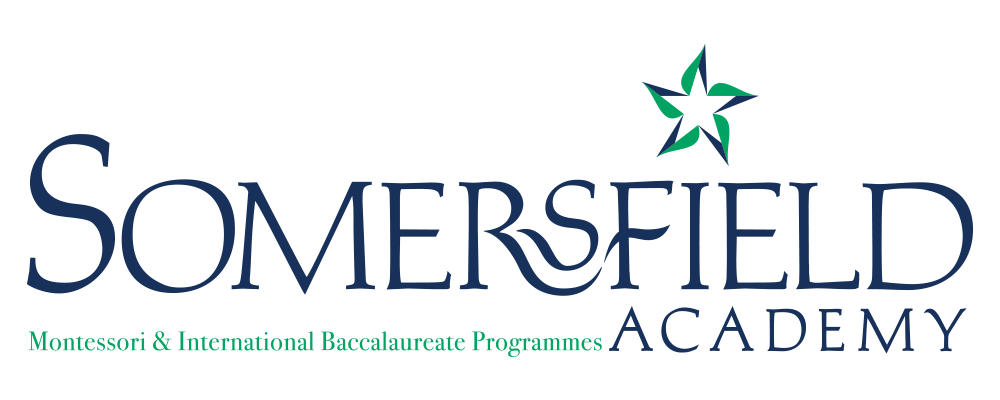Unlocking the World: The Sensorial Area in Montessori Education
In the journey of childhood development, sensory experiences serve as the gateway to understanding the world. From the moment of birth, children eagerly engage with their environment, utilising their senses to absorb, learn, and grow. Montessori recognised this innate curiosity and created the Sensorial curriculum, harnessing what she termed as the "sensitive period" to cultivate focused exploration.
Sensory Exploration
At the core of the Sensorial curriculum lie elegant and purposeful materials, meticulously designed to captivate young minds and encourage hands-on exploration. These concrete tools serve to refine not only the traditional senses of sight, sound, touch, taste, and smell but also spatial, thermic, and size discriminations. Each material is crafted to isolate and enhance a specific sense, providing a clear and focused learning experience.
Montessori Materials
Take, for example, the Color Tablets—a simple yet profound tool in sensory development. Each tablet presents a single color, devoid of extraneous attributes that might distract or confuse. Through activities like naming, matching, and grading, children immerse themselves in the nuances of colour, honing their visual discrimination skills with ease.
Vocabulary and Understanding
In addition to sensory refinement, the Sensorial curriculum serves as a platform for language development. Children engage in vocabulary-rich activities, from identifying geometric shapes to dissecting the anatomy of plants and animals. By integrating language with sensory experiences, Montessori education nurtures holistic learning and deepens comprehension.
Natural Learning Through Sensory Exploration
Why prioritise sensory education in early childhood? Montessori's pioneering approach reveals that by aligning with children's innate sensory inclinations, learning becomes a natural byproduct of exploration. Through the Sensorial Area, young learners develop a profound connection with the world around them, laying a solid foundation for lifelong curiosity and academic success.
A cornerstone of Montessori education, the sensorial area fosters holistic development through targeted sensory experiences. By embracing the principles of exploration and hands-on learning, educators empower children to become active participants in their own educational journey, setting the stage for a lifetime of discovery and growth.




